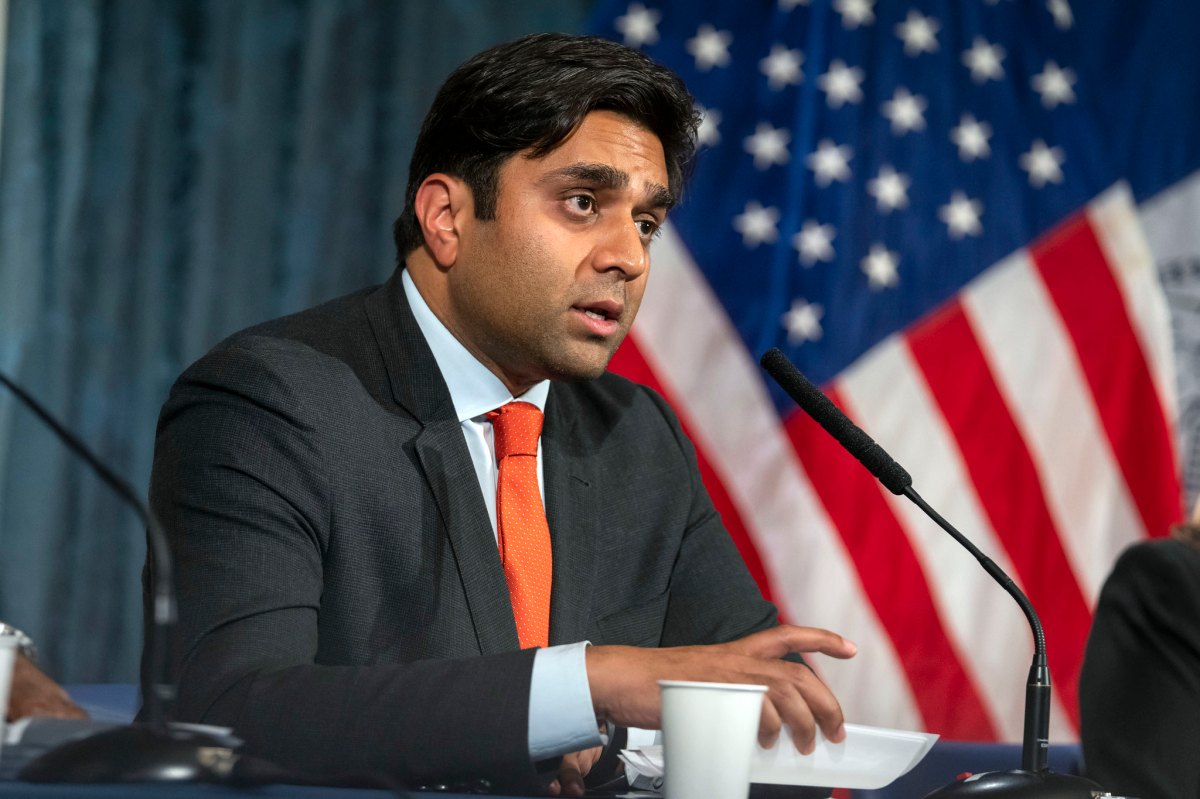
BY LESLEY SUSSMAN | Pressure continued to mount last week on Mt. Sinai Beth Israel Hospital officials to halt or slow down their four-year plan to downsize the historic healthcare facility and relocate it to a new, much smaller four-story facility adjoining the New York Eye and Ear Infirmary at E. 13th St. and Second Ave.
At a “People’s Town Hall Meeting” last Thursday attended by leaders of various citywide activist groups, politicians and scores of residents, hospital officials were accused of “quietly and secretly, piece by piece” using a little-known state Department of Health provision to advance Beth Israel’s redevelopment plans without the need for full community consultation and participation.
Nearly 100 people attended the forum, at the Local 32BJ SEIU building, at 25 W. 18th St. It was convened by the Lower Manhattan chapter of New York Progressive Action Network — a statewide network of 25 affiliates that supported Bernie Sanders’s 2016 presidential bid.
NYPAN members heard a call from advocacy group leaders to stage rallies and reach out to their city and state politicians to demand that hospital officials do an in-depth community needs study before any further moves to shut down and relocate the hospital’s services is approved by state D.O.H.
Mt. Sinai Beth Israel plans to close the doors of its historic Gramercy hospital at E. 16th St. and First Ave. and sell the square-block property to a still-undisclosed developer. The hospital has already discontinued its cardiac-surgery unit, and this or next month will relocate its maternity ward, pediatric-surgery unit and neonatal intensive-care unit to other locations in the extensive Mt. Sinai hospitals system.
Arthur Z. Schwartz, Greenwich Village male Democratic district leader and the local NYPAN political director, said a lack of political leadership is to blame for the Beth Israel situation.
“The blame falls on Governor Cuomo,” he said, “and on local elected officials, who should have been on top of this for us.
“The new 70-bed hospital they’re planning to build will not be a good substitute for what we have now,” Schwartz added. “Their strategy seems to be to close Beth Israel a piece at a time. They’re exchanging inpatient care for outpatient care.”
Lois Uttley, director of MergerWatch, a national group that advocates for patients’ access to healthcare facilities, explained that this piecemeal dismantling of various Beth Israel hospital services could be done because of an obscure state Health provision regarding its “certificate of need” program.
The program is a review process, mandated under state law, which governs the establishment, ownership, construction, renovation and change in service of specific types of healthcare facilities.
Under this state D.O.H. monitoring program, Uttley said, there is a “multiple limited-review process” — an arcane provision that does not require “small multiple changes” in hospital services to be subjected to any full-scale public hearings or other in-depth public scrutiny.
“No public hearings are required by the New York State Department of Health through this provision,” she said, “and Mt. Sinai Beth Israel is taking advantage of this regulation.”
Uttley said residents must demand of their political leaders, mayor and governor that this “limited review” provision be revoked, and that public input must be sought anytime a hospital or major medical facility wants to shut down or redistribute any services to other locations, no matter how small the changes may be.
“We must increase transparency in this process,” she stressed. “We must insist that a comprehensive plan for the closure of a hospital and redistribution of its services be open to public comment and a full review by the State Department of Health and the Public Health and Planning Council.”
Carlina Rivera, the East Village female Democratic district leader and a candidate to succeed Councilmember Rosie Mendez, also spoke.
“This is our community,” Rivera said. “We want to make sure that we’re all speaking with one voice about the closing of the hospital. Reducing the number of hospital beds to 70 is a dramatic decrease,” she added. “There already aren’t enough beds for people to rehabilitate.”
Also at the town hall, residents were asked to get more involved in pushing for the enactment of the New York Health Act — a “Medicare for All” type of health system — now before the state Senate.
This so-called “single-payer system” would, its advocates say, offer publicly financed healthcare to every person regardless of income, and allow people — including the uninsured — to go to the doctor and hospital of their choice.
Alec Pruchnicki, an executive board member of Physicians for A National Health Program, told the meeting that the passage of this universal healthcare act would “eliminate private insurance companies almost entirely.” He also said it would help hospitals survive financially by reducing medical costs due to insurance companies’ excessive charges.
He backed up by Mark Hannay, director of NY Metro Health Care for All, a healthcare justice coalition. Hannay said this government-run, taxpayer-funded single-payer insurance program would “expand coverage eligibility to include all residents, regardless of wealth, income, age or health status.”
Mt. Sinai has started “phase one” of its $500-million plan to create a new “Mt. Sinai Downtown” healthcare network. The centerpiece, a smaller replacement hospital for Beth Israel — two blocks from the current hospital — could be built as soon as four years from now. Along with 70 inpatient beds, it would have operating and procedure rooms, plus an emergency department.


































